Why A Senior Caregiver Are Likely To Develop PTSD
Being a family caregiver can be incredibly stressful, and in some cases, it may even lead to PTSD (Post Traumatic Stress Disorder). Imagine experiencing flashbacks, recurring dreams, insomnia, and difficulty concentrating. These symptoms are just the tip of the iceberg.
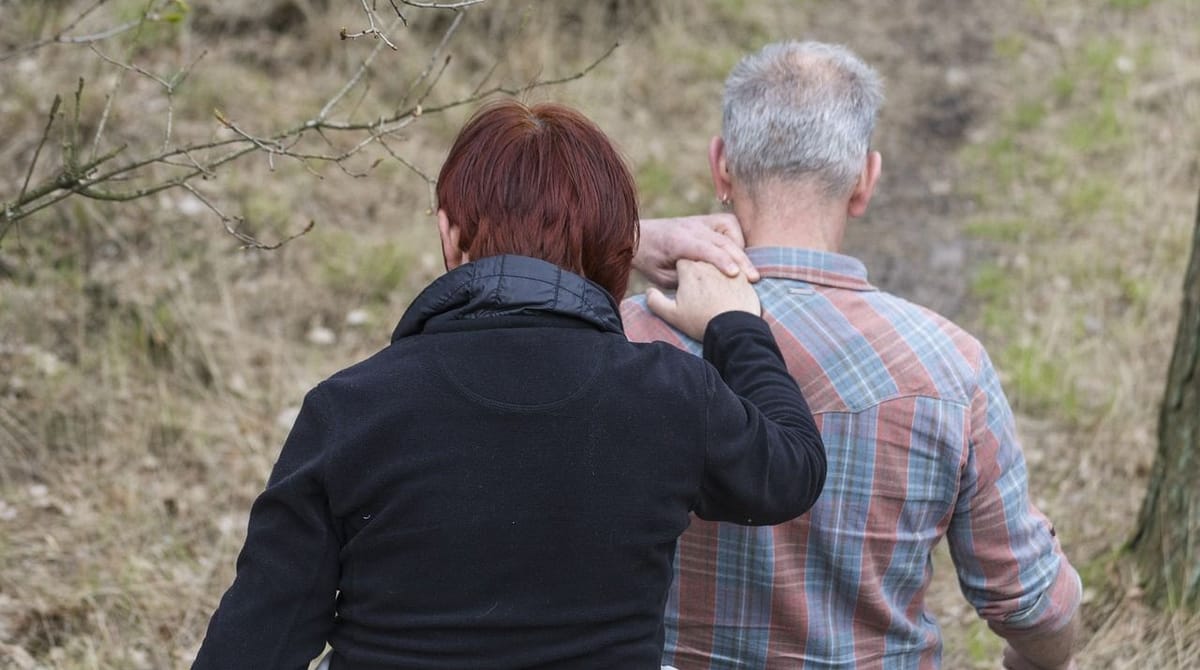
This anxiety disorder, caused by a traumatic experience, can cause a range of debilitating PTSD symptoms such as flashbacks, recurring When people hear Post Traumatic Stress Disorders PTSD, they instantly think of war veterans. Discover the harsh reality of being a family caregiver in the U.S. According to the Caregiving in the U.S. 2020 report from AARP and the National Alliance for Caregiving, it can lead to high levels of stress and even cause PTSD in caregiver nightmares, insomnia, and poor concentration. Gain insight into the challenges faced by caregivers and understand the potential mental health risks involved.
Why Family Caregivers are Likely to Develop PTSD
I have provided support for family caregivers for over 20 years. I became a caregiver for my mother at the age of 16 years old. My mom had gallbladder surgery, and it was her pre op chest X ray that showed she had lung cancer. The irony is, my mom never smoked a day in her life. She, did however, grow up above the dry cleaners her parents owned. While she was recovering from her surgery, the doctors performed a thoracotomy on her. This was an incision into her chest, near her collar bone. My mom coughed all the time. There were times when her thoracotomy incision wound burst open and what appeared to be gallons of fluid would flow out.
My dad worked 2 and 3 jobs to support the family. He was a letter carrier and had very early hours. And then would be gone from the very early hours to very late in the evening. As the oldest of 4, the care of my mother was placed on me. I remember feeling so helpless and afraid, as well as as anger at my mom, because she was sick.
The summer of my senior year, before I started nursing school, I drove my mom daily to have cobalt treatments. Ensuring reliable transportation for doctor's appointments and other activities is crucial for the well-being of patients. My poor mom’s chest and back was severely burned. I helped bath her and care for her, as she fought cancer. I became her primary caregiver. This was a traumatic experience for a young girl. I was not only my mom’s caregiver; I was in charge of taking care of my 3 siblings and managing many tasks. The female gender often has unrealistic expectations placed upon them.
These traumatic events affected my mental health and increased anxiety at a very early age. That was 50 years ago. My mom died when I was a freshman in nursing school. I think I was in shell shock when I heard the news. You see, she had been to see the oncologist and he told her she had beat cancer. For cancer patients to get that good news in the 70’s, was a miracle.
On the elevator, on the way down to tell me, She threw a pulmonary embolism. That’s a blood clot to the lungs, and was placed in the intensive care unit. It was my first time with ICU patients at the time. My mom died that night. The psychological impact of being a full time caregiver at an early age has impacted me my entire life. In those days, they did not talk about Post Traumatic Stress Disorder PTSD. No one discussed traumatic events.
Decades later, I realize I suffered acute stress disorder. My way of dealing with my mom’s death was to go to nursing school, against what other family members wanted. I ignored my symptoms and now suffer with complicated grief.
I was busy with school and helping my dad with my siblings and just was so busy and focused; I pushed what I was feeling down and ignored my depressive symptoms and chronic feelings of sadness.
Two years later, I had my intensive care rotation. I have not been in that unit since the night my mom died. My reaction to seeing the intensive care unit patients took me by surprise. I started experiencing symptoms of psychological distress. I had to leave the unit and found a place in the hospital where I sobbed. I worked 8 weeks in that intensive care unit and was able to provide support and listen to the ICU patients and their families talk about death and dying. It helped me deal with all those feelings I had been avoiding.
Chronic Stress and PTSD link
Chronic stress can lead to developing Post Traumatic Stress Disorder or PTSD. Being aware of caregiver stress can help you prevent developing PTSD.
Here are a few very common signs of caregiver stress:
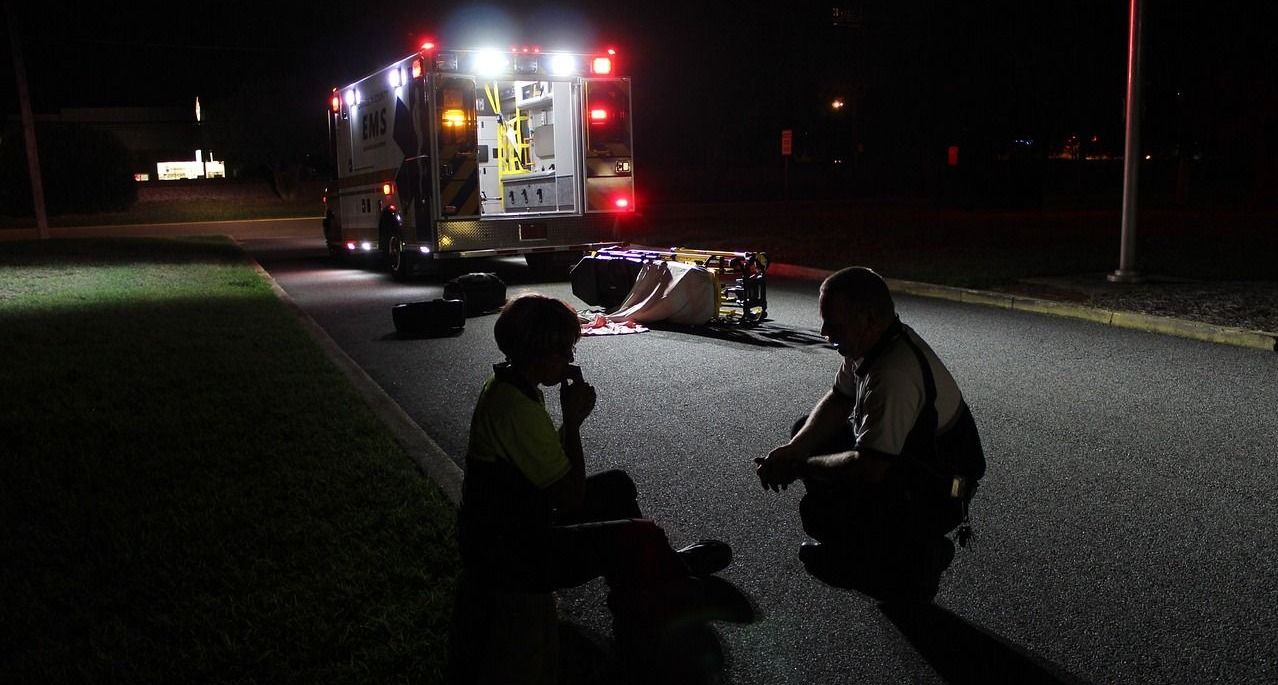
Physical exhaustion: Having feelings of overwhelm. Constantly feeling tired, even when you have had enough sleep. This is a common complaint I hear for so many of my clients that have been providing family caregiving, for a while. Many caregivers also prepare meals, adding to their physical exhaustion.
Caregiving is starts out with minor support doing little things. The unpredictable nature of caregiving and the changes in a family members status can change overnight. The expectations placed on the primary caregiver are not humanly possible, for one person to do. Yet, those providing care for a family member or friend push themselves beyond their limits and pay the price of tolerating severe stress.
Emotional exhaustion is another common sign of caregiver stress. Feeling emotionally drained and many begin to have difficulty maintaining a positive outlook on life. Caregiving is a roller coaster ride of emotions. Because it is unpredictable, and many caregivers have little to no support from family members they have increased risk factors for developing caregiver stress disorder.
Social withdrawal is also a sign of caregiver stress. Avoiding social activities or backing out of commitments due to lack of energy and motivation to participate is common. Caregiving is the most guilt-producing role you will ever take on.
Caregivers need breaks, but feel like failures if they ask for help. They expect themselves to be super heroes. They must learn to accept they are human and need to make themselves a priority.
Unhealthy Coping Skills
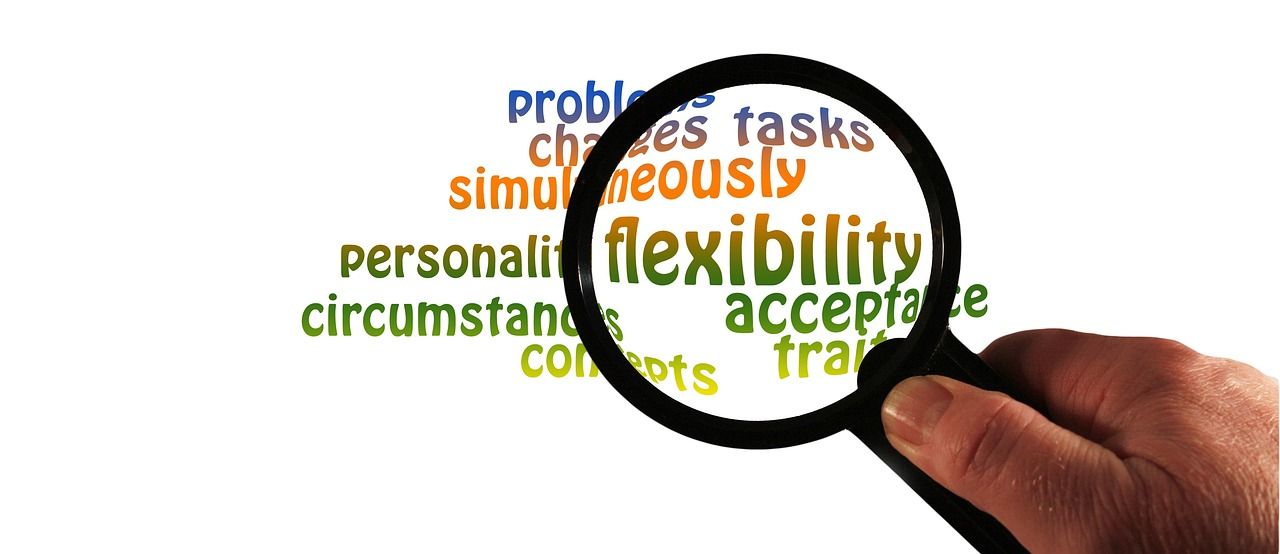
Here are a few unhealthy coping skills that make caregivers at a higher risk for developing PTSD.
Self-medicating with drugs or alcohol is a ways some do to avoid dealing with traumatic memories and emotions. This is an ongoing problem with many caregivers, as they feel hopeless and helpless and alone. Additionally, managing medical appointments for seniors can be overwhelming, adding to the stress caregivers face.
Avoidance behaviors, such as: ignoring people or situations that might be triggers for PTSD symptoms. A person feels alone. Many feel like a failure if they ask for help. Others have asked for help and have been told by uninvolved siblings, they are responsible for taking care of the family member and are not to expect any help or support. That’s when I recommend that the caregiver look into a family caregiver contract. In fact, I encourage it.
Another unhealthy coping skill that occurs is caregivers engage in unhealthy behaviors, such as overeating or recklessness, (such as road rage) to distract from the stress and trauma and its associated emotions.
Overeating and weight gain is very common. Feeling tired and overwhelmed, grabbing something fast, is often a choice because they are too tired to cook. Others may chain smoke all day long, or start drinking early in the day. Or drink high caffeine energy drinks to help them get through the day.
These coping methods may provide temporary relief but are ultimately damaging and not sustainable in the long run. Learning healthy coping strategies will allow you to provide care and not.
Learn Stress Management Techniques

By taking care of yourself emotionally these strategies for reducing stress as a caregiver are:
Practicing mindfulness and relaxation techniques, such as deep breathing or meditation. There is a guided meditation made specifically for caregivers is available on the caregiver relief website in the resource section. Please download it and take time to listen to it every day.
Setting aside time for self-care and engaging in activities that bring joy and provide an outlet for stress relief needs to be a top priority everyday.
Reaching out to family members, friends or professionals for support. Ensuring transportation for doctor's appointments and other necessary activities can also help manage caregiving responsibilities. There is life after caregiving. Many caregivers start to ignore their friends as they go along their caregiving journey. I remind them, your outside relationships are like a garden. It needs sunshine and water. nurture your outside relationships like it was your own little garden. You want to be able to enjoy life after caregiving.
How do caregiving duties affect mental health?

The caregiver has no time to enjoy a good rest when the caregiver carries a heavy responsibility to manage the care of another. Providing personalized care for seniors in the comfort and security of their own home can also add to the caregiver's stress. There has been very little attention paid to the different physical responses to the pressure a person feels when providing care for another. The most common causes of caregiver stress include compassion fatigue and burnout resulting from chronic pain, sadness, panic, and guilt.
My oldest son was in the army when he developed a terrible and unrelenting pain condition known as CRPS (chronic regional pain syndrome). He developed PTSD from the substandard care they provided. I was in mama bear mode and I had to advocate for care for him outside the Veteran Affairs medical delivery system.
The stress and repeated trauma that he experienced resulted in him committing suicide. At the time, I had to be a long distance caregiver for him, as I had a spouse that had emergency surgery and I had just started a new job as a liaison for the visiting nurses. Not everyone goes through this type of stress, but, I can tell you, most caregivers have these types of demands made on them everyday.
The Long Term Effects of Chronic Stress

Are you or a loved one experiencing symptoms after a traumatic event? While short-term Post Traumatic Stress symptoms are common, the majority of people do not develop chronic Post Traumatic stress Disorder. Keep in mind that PTSD can be caused by experiences like sudden death of loved one, not just traumatic events. PTSD Symptoms must last for more than a month and interfere with daily life to be diagnosed with Post Traumatic Stress Disorder.
To diagnose PTSD, an adult must have re-experiencing, avoidance, arousal/reactivity, and cognition/mood symptoms for at least 1 month. Re-experiencing symptoms like flashbacks and bad dreams can cause problems in daily routines. Monitoring vital signs such as blood pressure, respiration rates, and pulse can also be important in managing the health impacts of chronic stress. Avoidance symptoms like staying away from reminders of the traumatic event can cause a person to change their personal routine.
Arousal symptoms like being easily startled can make daily tasks difficult, and cognition/mood symptoms like negative thoughts can make a person feel alienated from friends and family. These symptoms can begin or worsen after the traumatic event and are not due to substance use or medical illness.
It is natural to have some of these symptoms initially, but if they last more than a month and significantly impact your life, it might be PTSD. Remember that some people with PTSD don’t show symptoms for weeks or months and it is often accompanied by depression, substance abuse, or other anxiety disorders. Seeking help from a professional can lead to a proper diagnosis and treatment plan.
Does anyone who experiences trauma develop PTSD?
Many caregivers are put in very stressful situations that, like me, are unprepared to deal with. Family members that provide care for a loved one deals with chronic feelings of stress. Senior care services can help alleviate some of this stress by offering personalized support for daily activities and in-home assistance. Caregiver stress is real. In fact, the family caregiver is the single largest pillar of the long term care industry. They provide over $600 million dollars of unpaid care. Because we are living longer, but, not necessarily healthier, the primary caregiver provides care for on average, 6 to 8 yrs. Some provide care for as long as 20 years. The mental health of caregivers is pushed to their limits, as resources for respite care are almost non existent. Many caregivers suffer caregiver burnout and the burden becomes so hard, they develop compassion fatigue.
If you’re constantly exposed to other people’s trauma, you’re at risk of experiencing compassion fatigue. This type of fatigue, also known as secondary trauma or vicarious trauma, can lead to acute symptoms that affect both your physical and mental health. It’s essential to take care of yourself to avoid burnout and continue providing care and support to those who need it.
Risk factors

Recent data from the CDC shows that the rates of post traumatic stress symptoms such as anxiety, depression, and even suicidal thoughts are significantly higher for unpaid caregivers than the general public. In fact, caring for a loved one with a chronic illness or disability can even lead to symptoms of PTSD. Not everyone will develop traumatic stress disorder. it depends on your emotional and physical resilience.
Factors like a pre-existing mental health condition and past trauma may cause increased risk of developing PTSD symptoms. Additionally, unresolved loss or trauma in your own life can add extra stress to your caregiving role. It's important for caregivers to prioritize their own mental health and seek support when needed.
Caregiving can lead to posttraumatic stress disorder, but there's little research on the topic.
You might be experiencing PTSD if you've:
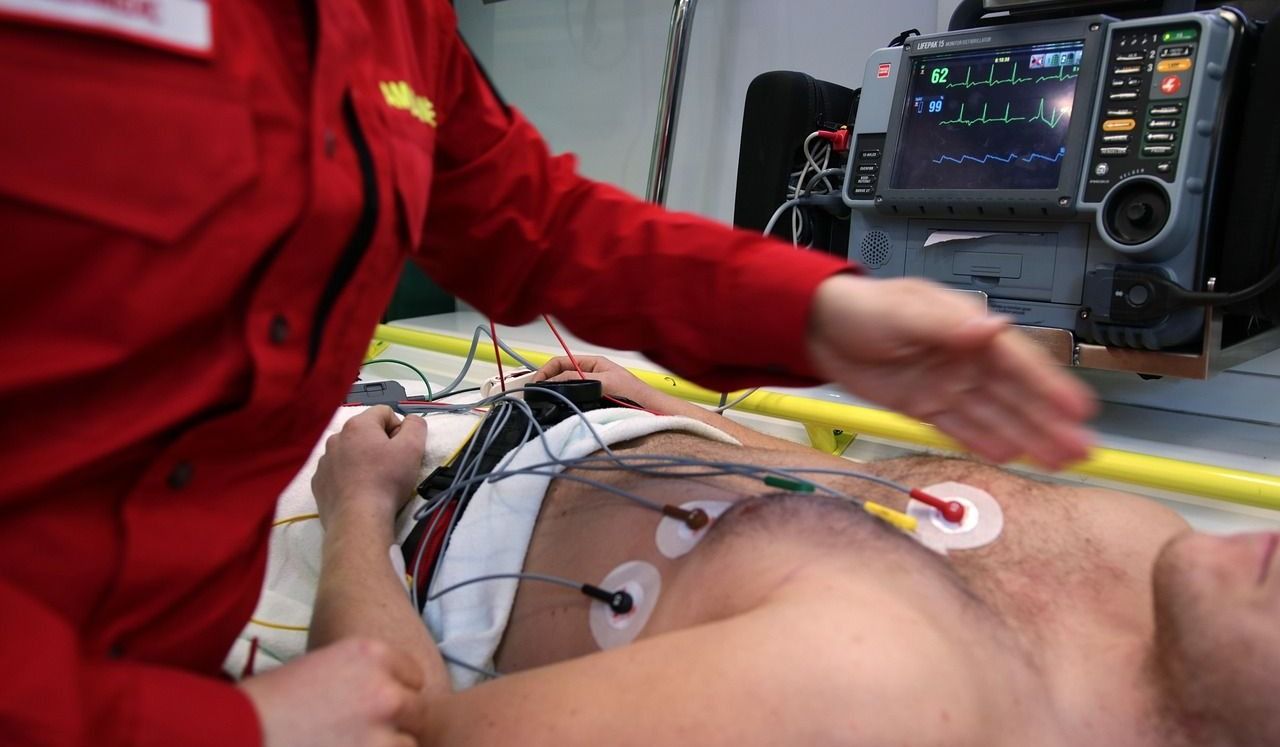
Survived dangerous events or a traumatic event. I think it is important to tell you, what may be a traumatic event to you, may not be a traumatic event to someone else. Those caring for someone with dementia or a chronic progressive disorder watch their loved one decline. Many caregivers face their loved one not knowing them. Some family caregivers provide support for a family member with mental disorders or psychiatric disorders that causes severe the caregiver stress.
Another risk factor for developing posttraumatic stress can be caused by witnessing someone getting hurt or seeing a dead body. I cannot tell you how many times a family member found their loved one on the floor after a fall, or had several traumatic experiences that resulted in developing PTSD symptoms. I have had a few that experienced finding a loved one had passed in the middle of the night and found them the next morning.
When a person feels helpless or feels extreme fear, these are repeated traumas many caregiver face during their caregiving journey.
Lacked social support after the event. For the family caregiver they start to feel alone and unsupported. This is common in most family caregivers and makes them as significant risk for developing symptoms of psychological distress.
Another risk factor, is Dealing with extra stress after a traumatic event, such as losing a loved one, experiencing pain or injury, or losing a job or home. The primary caregiver, after their caregiving journey ends, develops symptoms of PTSD symptoms due to the psychological impact of dealing with ongoing stressful situations without a break or respite care. Caregivers that have supported a family member with narcissism or who was abusive are more likely to suffer from PTSD.
Symptoms of PTSD

Symptoms of caregiver PTSD are often overlooked because they resemble the demands of caregiving. These include difficulty sleeping, irritability, and guilt. Caregivers may also experience intrusive thoughts or memories or flashbacks related to traumatic events, such as a medical emergency or an unexpected death.
If you've experienced a traumatic event, you may be worried about developing post-traumatic stress disorder (PTSD). Not everyone who experiences a traumatic event will develop PTSD, but it is important to recognize the symptoms if they do appear.
Symptoms of PTSD may include flashbacks, bad dreams, frightening thoughts, and avoidance of anything related to the event. Arousal and reactivity symptoms such as being easily startled or feeling tense, as well as cognition and mood symptoms like negative thoughts or loss of interest in previously enjoyed activities, can also occur after your family caregiving experience.
If you experience these symptoms for more than a month and they interfere with your daily life, you may have PTSD. It's important to seek early intervention from a mental health professional that can diagnose and treat PTSD. Remember, you don't have to go through this alone - help is available.
Post Traumatic Stress Reactions
Are very common in family caregivers. Taking the time to recognize and manage these symptoms can be a powerful step toward increasing resilience, reducing burnout and improving mental wellbeing. It is important that family caregivers take care of themselves in order to provide the best possible care for their loved one.
Traumatic stress reactions include anxiety disorders, physical pain, and somatic symptoms such as insomnia or sleeping too much. Some re-experience the traumatic event, or avoid of reminders of the trauma, and emotional numbness.
The ‘'forgotten'' family caregiver and the need for respite care
The forgotten family caregiver is at risk of developing PTSD. Many feel forgotten. so many caregivers feel they are invisible to the health care providers they take their loved ones to see.
Importance of self care for those providing unpaid care
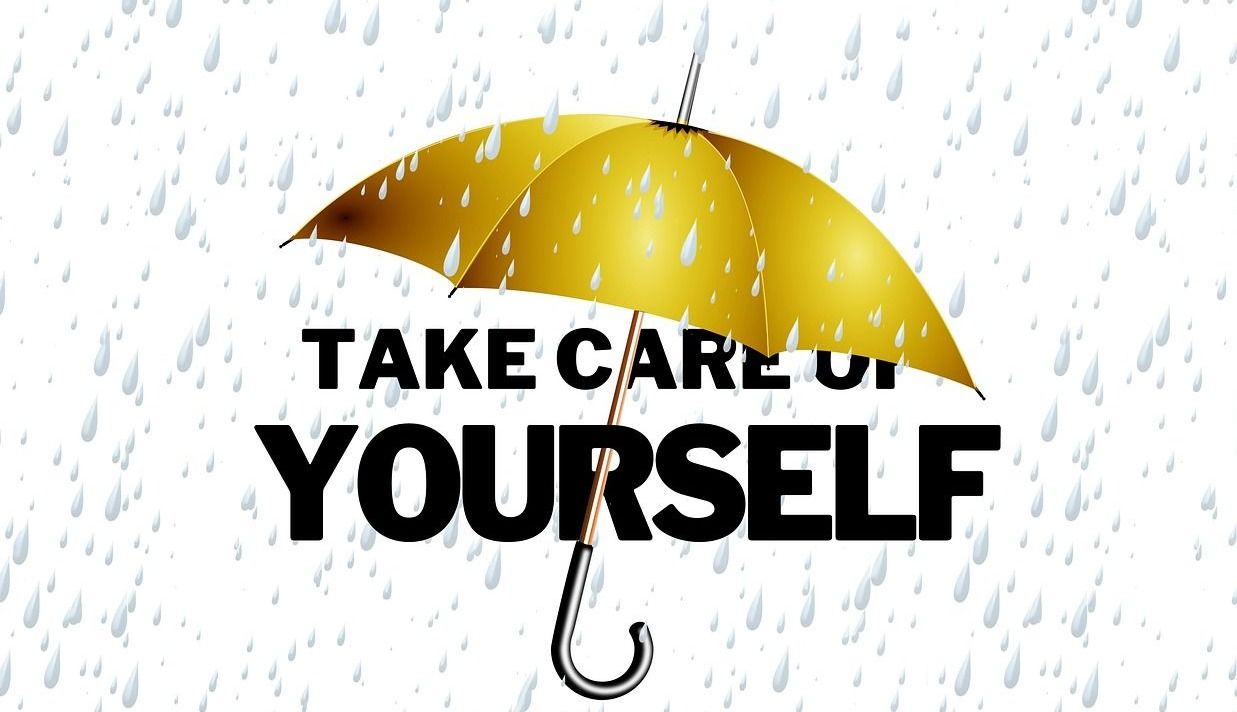
Those caring for a loved one are often expected to put their own needs aside, leading to burnout and stress. Compounded by the fact that caregivers may experience guilt if they do take time for themselves, this can lead to an increased risk of post-traumatic stress disorder. Family caregivers are incredibly important figures in providing support for their loved ones but it is also essential that they look after themselves.
Professional counseling or support groups can provide a safe space for caregivers to talk about their experiences, receive validation, and learn coping strategies. Additionally, self-care is essential in order to protect against burnout and reduce stress levels. Taking breaks from caregiving responsibilities throughout the day, engaging in regular physical activity, and participating in activities that bring joy can all help to reduce stress levels.
Secondary traumatic stress occurs when individuals are exposed to another person's traumatic experience, either directly or indirectly. This type of stress is often experienced by family caregivers that have been witness to their loved one going through a traumatic event such as an illness, injury or death. All of these are daily experiences and cause contributes to chronic caregiver stress and psychological distress.
What is Acute Stress Disorder?
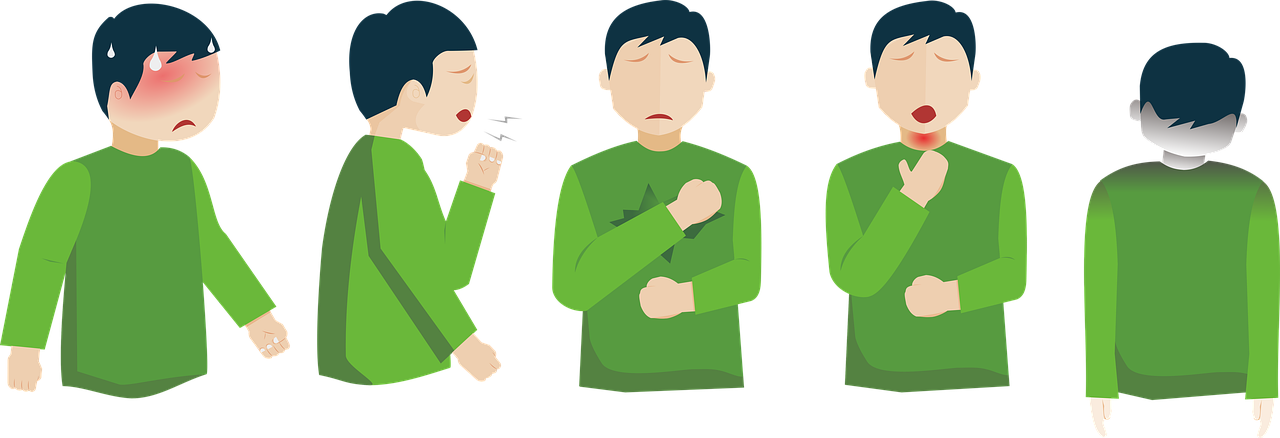
Acute stress disorder is a more intense type of post-traumatic stress disorder, occurring within four weeks of the traumatic event. Symptoms include intrusive memories, nightmares, flashbacks and avoidance behavior.
Avoidance behaviors are also common in family caregivers and can include avoidance of reminders of the trauma, emotional numbing or an inability to remember important parts of the trauma. If these behaviors persist over time it is important that the caregiver seek help for posttraumatic stress disorder.
I've seen this many times in my family caregivers. I saw it in my own father. He could not deal with my mom's cancer diagnosis. He avoided talking about my mom's diagnosis and would not allow any of the other family members to bring up the subject. Decades later, I realized my dad was in World War 2. He saw some very ugly things, as many war veterans do. He had undiagnosed posttraumatic stress disorder. After my mom died, my dad suffered an acute posttraumatic stress disorder again.
I can remember him waking up with his face and tongue swollen. He was miserable. I remember my dad going to the doctor and they could not determine what was the cause. I realized later, it was a psychosomatic reaction to losing my mom. He loved my mom , the best he could, but, he was cruel. He was a functioning alcoholic and said many mean things. His way of handling things was to avoid talking about them. I am sure he suffered complicated grief, as well.
Survival Strategies

Survival strategies for caregivers on the front lines include connecting with others and building self-care practices. Talking to a trusted friend or family member who is removed from the situation can be helpful in providing perspective and increasing feelings of connectedness. Additionally, engaging in activities that bring joy and pleasure such as reading, walking, listening to music or taking part in art projects can help reduce stress levels and provide an outlet for.
Family caregivers have a difficult job. It is often taken for granted. It is important to remember that care can take an emotional toll; it is essential to seek if needed. By being aware of the signs of PTSD taking steps to protect mental wellbeing, family caregivers can make sure they are taking care of themselves in order to provide the best possible care for their loved one. At Caregiver Relief we have created a Stress Buster Course to help you remain healthy throughout your caregiving journey. We have a guided imagery meditation made specifically for caregivers. You will find that and stress tests to help you manage your caregiver stress.
Professional counseling or support groups can provide a safe space for caregivers to talk about their experiences, receive validation and learn coping strategies. Additionally, self-care is essential in order to reduce stress levels. Taking regular breaks from caregiving responsibilities throughout the day as well as engaging in activities that bring joy can all help to protect against burnout and improve mental wellbeing.
Our Resources section can help you find the information and tools that you need. We have courses, videos, checklists, guidebooks, cheat sheets, how-to guides and more.
You can get started by clicking on the link below. We know that taking care of a loved one is hard work, but with our help you can get the support that you need.
Click here to go to Resources Section now!



